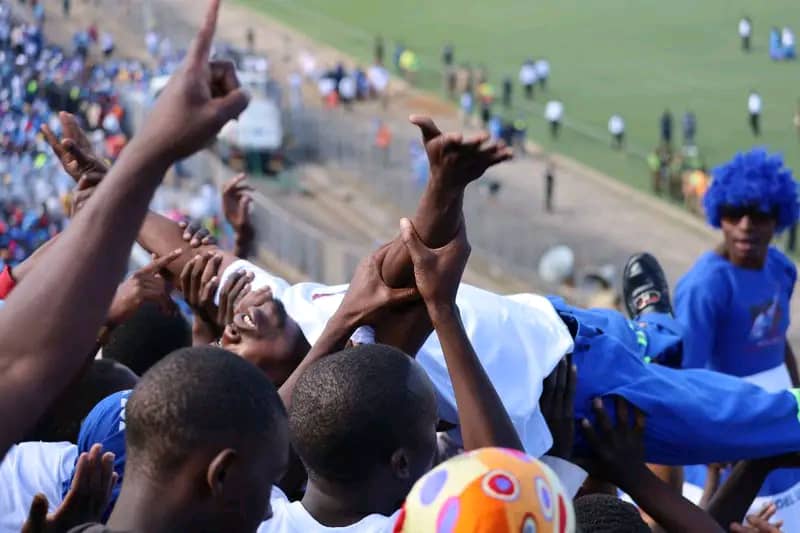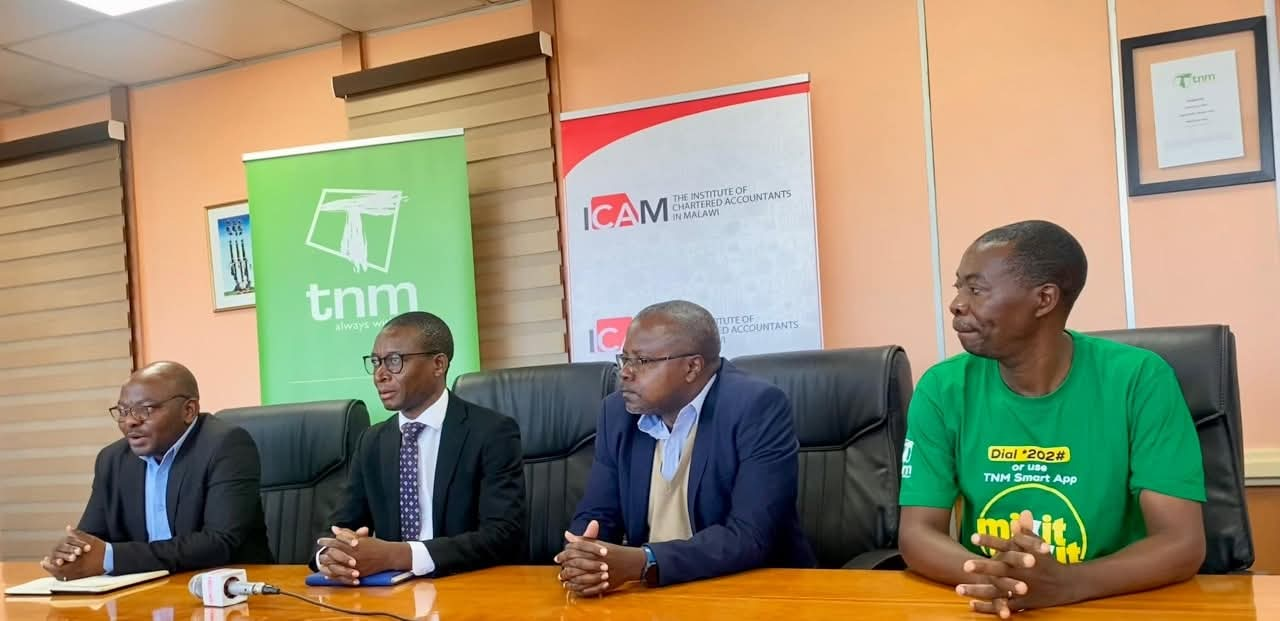By Burnett Munthali
In a bold political move, three opposition parties—the Democratic Progressive Party (DPP), the Alliance for Democracy (AFORD), and the United Transformation Movement (UTM)—have teamed up with several civil society organizations to exert pressure on President Lazarus Chakwera. The coalition is demanding a thorough commission of inquiry into the circumstances surrounding the plane crash involving Vice President Saulos Chilima in Chikangawa Forest, as well as wide-ranging reforms within the Malawi Electoral Commission (MEC).
- Namaa Relief Expands Islamic and Humanitarian Outreach, Targets 25,000 Beneficiaries by 2029By Suleman Chitera The Namaa Relief and Development Organisation has reaffirmed its dual commitment to advancing Islamic teachings and strengthening…
- Mkuzi Banda Applauds Mutharika’s SONA, Says Speech Restores Public ConfidenceBy Suleman Chitera The President of People’s Voice Party Lawrence Mkuzi Banda, has hailed State President Arthur Peter Mutharika for…
- Muluzi slams president’s SONA as empty wordsBy Aubrey Thom Vakhani The United Democratic Front (UDF) president Atupele Muluzi has criticised President Peter Mutharika’s State of the…
- Ekhaya Farms Foods Unveils Valentine’s Campaign to Drive Seasonal SalesBy Suleman Chitera As Valentine’s Day approaches, Ekhaya Farms Foods has rolled out a targeted in-store campaign aimed at capturing…
- UDF’s Atupele Muluzi Slams Leadership Over Silence on Economic CrisisBy Suleman Chitera Leader of the United Democratic Front (UDF), Atupele Muluzi, has delivered a scathing assessment of the country’s…
- MNT Calls on Tobacco Buyers to Prioritise Corporate Social ResponsibilityBy Brighton Tchongwe Media Network on Tobacco (MNT) has expressed concern over the low levels of Corporate Social Responsibility (CSR)…
- Toyota Century 2026 USA New: Ultimate Japanese Luxury Sedan RedefinedToyota Century 2026 has officially arrived in the USA, bringing one of Japan’s most prestigious luxury sedans to a wider audience.…
- 22 Vehicles, One Family: A Scandal That Refuses to DieBy Contributor Malawians are once again asking a painful but necessary question: where did that case go? The case in…
- President Mutharika Honoured at Prestigious 2026 Iconic Africa Summit in ZimbabweBy Suleman Chitera President Arthur Peter Mutharika has been honoured for his outstanding leadership and political acumen at the 2026…
The demand for a commission of inquiry into the Chilima plane crash is at the heart of the opposition’s agenda. The crash, which shocked the nation, has raised numerous unanswered questions. While official reports have provided scant details, opposition parties suspect foul play and want a thorough, independent investigation. They believe the inquiry is critical not only to uncover the truth but also to ensure accountability at the highest levels of government. For many Malawians, the mystery surrounding the crash has lingered for too long, fueling speculation and calls for justice.
Alongside this, the opposition has turned its attention to MEC, accusing the body of incompetence and corruption. At the core of their grievances is the use of the controversial Smartmatic technology, which MEC employs for the electronic transmission of election results. Opposition parties have long raised concerns about the security and reliability of this system, fearing it could be used to manipulate results in the upcoming 2025 general elections. The opposition is demanding that MEC terminate its contract with Smartmatic and revert to a fully manual system of vote counting, which they argue is more transparent and resistant to tampering.
Furthermore, the opposition is calling for independent auditors to scrutinize MEC’s operations, suggesting that the commission may be hiding financial irregularities or inefficiencies in its management of electoral processes. By bringing in external auditors, the opposition aims to ensure greater accountability and restore public confidence in the electoral body ahead of the next elections.
In addition to these demands, the parties have called for a postponement of all voter registration activities until all issues within MEC are resolved. They argue that continuing the registration process without addressing the alleged incompetence within MEC could lead to the disenfranchisement of many voters. In particular, the opposition points to the failure of MEC to address gaps in voter registration in rural areas, which they claim disproportionately affects regions that do not traditionally support the ruling Malawi Congress Party (MCP).
Central to their demands is the immediate resignation of MEC Chairperson Justice Annabel Mtalimanja and Chief Elections Officer Andrew Mpesi. The opposition has accused both leaders of gross incompetence, alleging that they have failed to run MEC impartially and have allowed the body to be influenced by the ruling party. Calls for their resignation are seen as part of a broader effort to overhaul the leadership of MEC and ensure that future elections are managed by individuals who are not compromised.
The coalition of opposition parties and civil society organizations has vowed to escalate their actions if these demands are not met. They have issued a stern warning that “shutdown countrywide demonstrations” will be organized to force the government and MEC to comply with their requests. These planned demonstrations threaten to disrupt the nation and could potentially lead to a significant standoff between the opposition and the government in the months leading up to the 2025 elections.
In conclusion, the pressure mounting on President Chakwera and MEC is indicative of the growing tensions in Malawi’s political environment. The opposition’s call for reforms, both in the electoral commission and in the investigation of the Chilima plane crash, reflects deep-seated concerns about transparency, accountability, and the integrity of democratic processes. As the 2025 elections draw closer, these issues are likely to dominate political discourse, and the government’s response will shape the future of Malawi’s democracy.




